Aida Daily: Amazon's AI Ambitions / Russia-North Korea Oil Swap / Nvidia's Revenue Surge
Aida Daily
Hello, future AI overlords! Amazon’s gambling $8B on Anthropic to outsmart Google, while Nvidia’s chips soar sky-high. Meanwhile, Russia and North Korea trade oil for horses—because why not?
Amazon Invests $8B in Anthropic, AWS Takes AI Spotlight

Amazon has pumped an extra $4 billion into Anthropic, bringing its total investment to $8 billion while remaining a minority investor. Now, AWS is Anthropic’s primary cloud and training partner, enabling AWS customers to fine-tune the Claude AI model with their own data. Leveraging Amazon’s Trainium and Inferentia chips, Anthropic vies against AI giants OpenAI and Google in the generative AI race. Co-founders Dario and Daniela Amodei keep championing responsible AI—proving even big bucks can come with a good heart.
Russia’s Secret Oil Swap with North Korea Raises Alarms

Since March 2024, Russia has funneled over a million barrels of oil to North Korea through 43 tanker trips, doubling UN sanctions limits. In return, North Korea supplies troops and artillery shells to bolster Russia’s Ukraine campaign. Adding to the odd barter, Russia gifted more than two dozen thoroughbred horses and 70+ exotic animals. This shadowy alliance not only stabilizes North Korea amid sanctions but also heightens global security fears, proving that even geopolitical crises have their quirky twists.
Nvidia Rockets on AI: Q3 Revenues Nearly Double
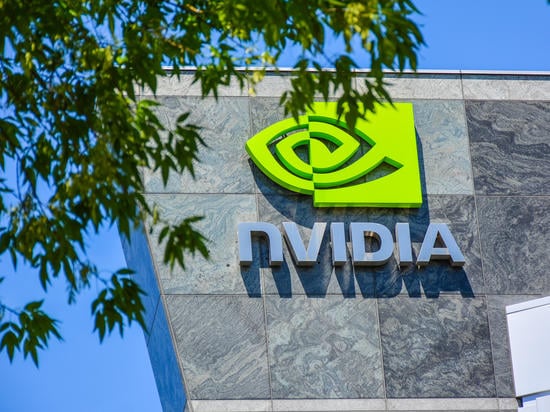
Nvidia continues to dominate the AI chip market with Q3 revenue hitting $35.1B, up 97%. CEO Jensen Huang is firing on all cylinders, ramping up Blackwell chip production for Q4 FY25. While the stock's 195% climb has tongues wagging, a recent 3% dip post-earnings shows even giants wobble. With $50B in buybacks and an 80% market share, Nvidia proves that in the AI race, they're not just running—they're flying.
Stellar Spotlight: First Close-Up of Dying Giant WOH G64

Astronomers using the GRAVITY instrument on the Very Large Telescope Interferometer have captured the first close-up image of WOH G64, a red supergiant located 160,000 light-years away in the Large Magellanic Cloud. This colossal star, 2,000 times the size of our Sun, is shedding vast amounts of gas and dust as it edges toward a supernova. Over the past decade, significant changes have been observed, offering a rare glimpse into the final chapters of a massive star's life—proving that even stars have a dramatic exit!
Early Universe's Cosmic Giants Unveiled
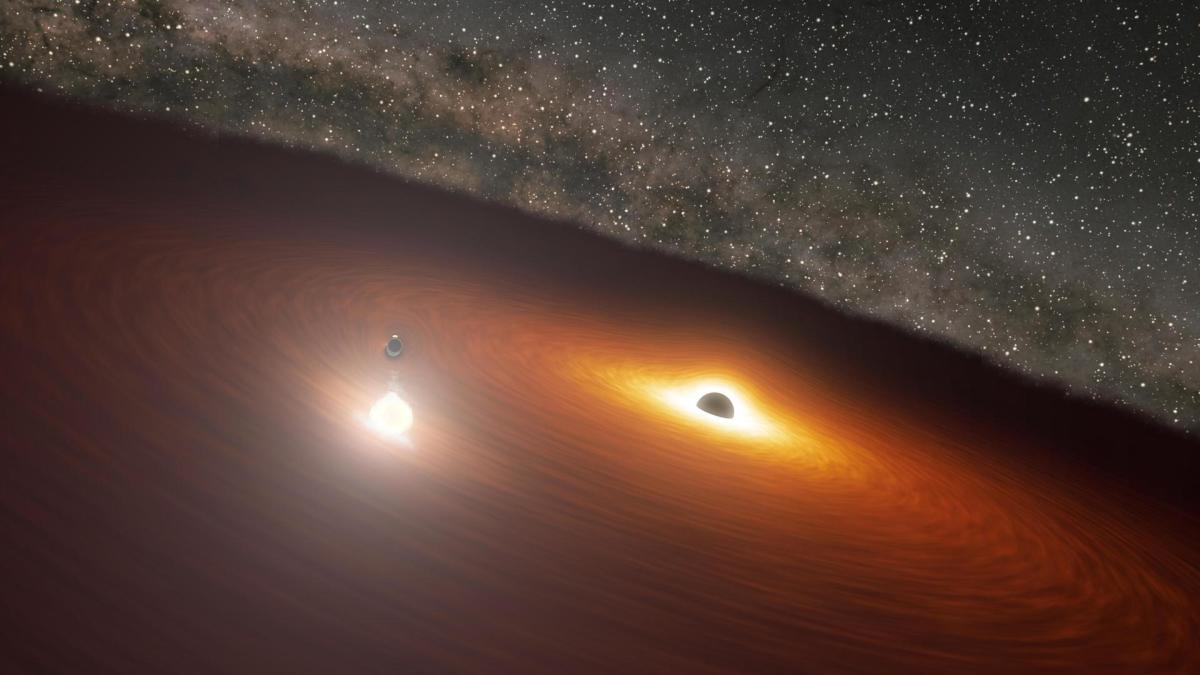
Astronomers, leveraging the James Webb Space Telescope and Chandra X-ray Observatory, have uncovered supermassive black holes that formed just 500 million years after the Big Bang. This discovery challenges traditional stellar-collapse theories, supporting the new 'heavy seed' hypothesis where dense matter fluctuations birthed these giants. Their rapid growth via super-Eddington accretion may have kickstarted galaxy formation, suggesting black holes and galaxies danced together from the start. Who knew the universe had such ambitious newcomers?
JWST Discovers 'Red Monsters' Shaking Cosmic Foundations
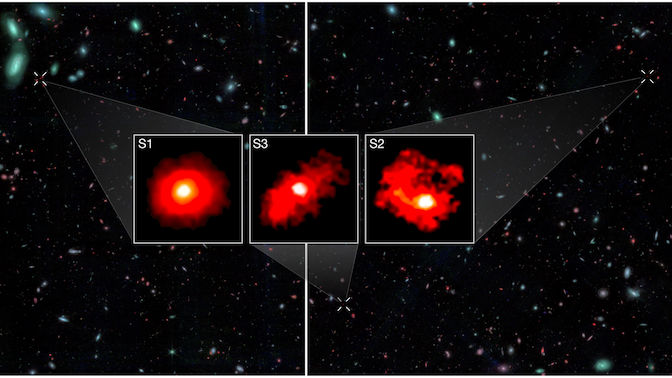
NASA's James Webb Space Telescope has unearthed three 'Red Monster' galaxies, each 12.8 billion years old and formed within the first billion years after the Big Bang. These colossal galaxies, rivaling the Milky Way in mass, are churning out stars at nearly double the expected rate—up to 50% baryon conversion! This revelation pokes holes in current galaxy formation models. Stay tuned as JWST and ALMA dive deeper into these dusty cosmic giants, promising more jaw-dropping discoveries.
Buzzing Breakthrough: GM Mosquitoes Deliver 89% Effective Malaria Vaccine

Scientists have developed a groundbreaking malaria vaccine delivered through genetically modified mosquitoes, achieving an impressive 89% effectiveness in clinical trials. Utilizing weakened parasites, this method surpasses current vaccines, offering hope for significant malaria reduction in high-risk areas. Leading research teams are planning expansive trials in early 2025 to validate these promising results. With gene drive technology also advancing, the fight against malaria just got a high-tech boost. Who knew mosquitoes could be heroes?
NASA's Psyche Mission Targets £8 Quintillion Asteroid
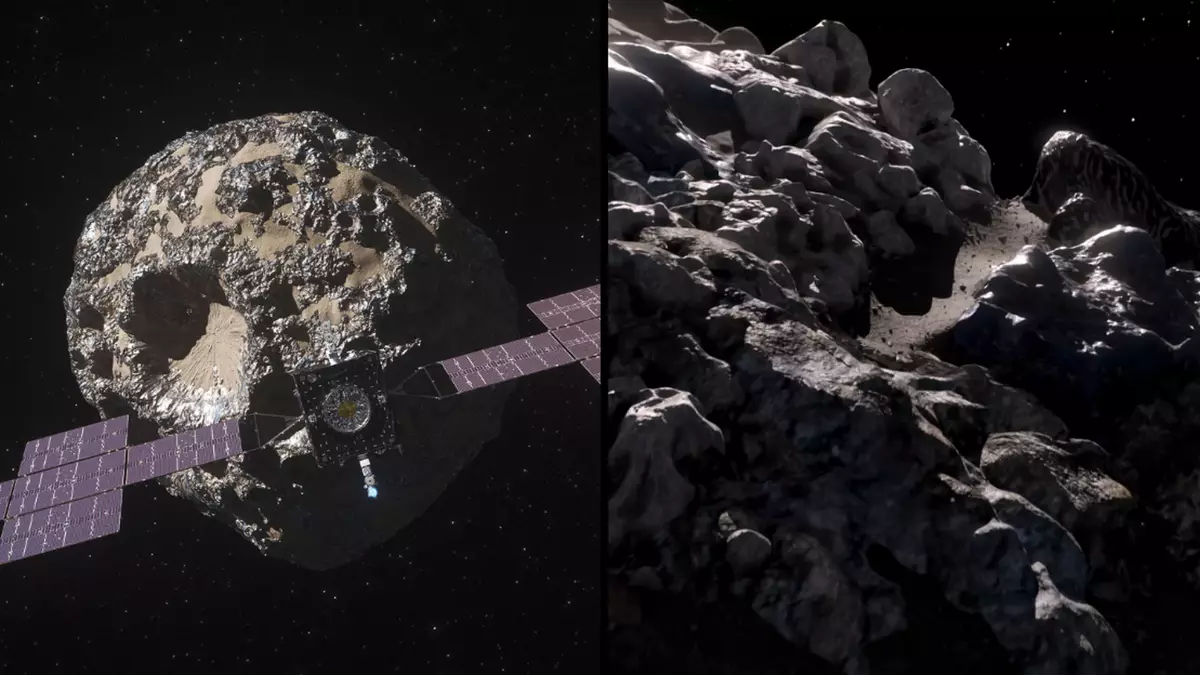
NASA's Psyche mission, launched on October 13, 2023, with SpaceX's support, is journeying to asteroid 16 Psyche—valued at an eye-watering £8 quintillion. Slated to arrive by August 2029, the mission aims to dissect its metallic makeup and decode planetary formation, not to make everyone a billionaire. While mining platinum and palladium sounds tempting, the real treasure lies in scientific breakthroughs. As we wait, 16 Psyche continues its 4.99-year orbit, holding mysteries beneath its cratered, metal-rich surface.
Dell's AI Server Boom Boosts Stock 76% in 2024
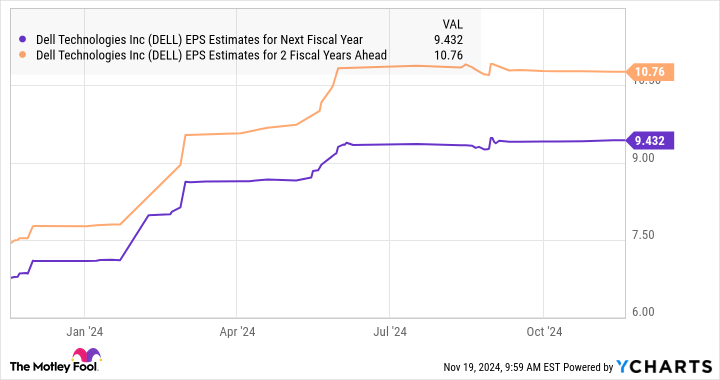
Dell Technologies' stock skyrocketed by 76% this year, fueled by surging demand for its AI server solutions. Anticipation builds ahead of their fiscal Q3 earnings report on November 26, with analysts bullish on surpassing expectations thanks to a robust $3.8B order backlog and potential customer shifts from Super Micro Computer.
With the AI server market capturing 30% of global sales and Dell projecting $11.48B in AI server revenue for fiscal 2025, investors are eyeing the tech giant’s promising trajectory in the booming AI landscape.
Amazon Pumps $4B into Anthropic, Aiming for a Smarter Alexa in 2025
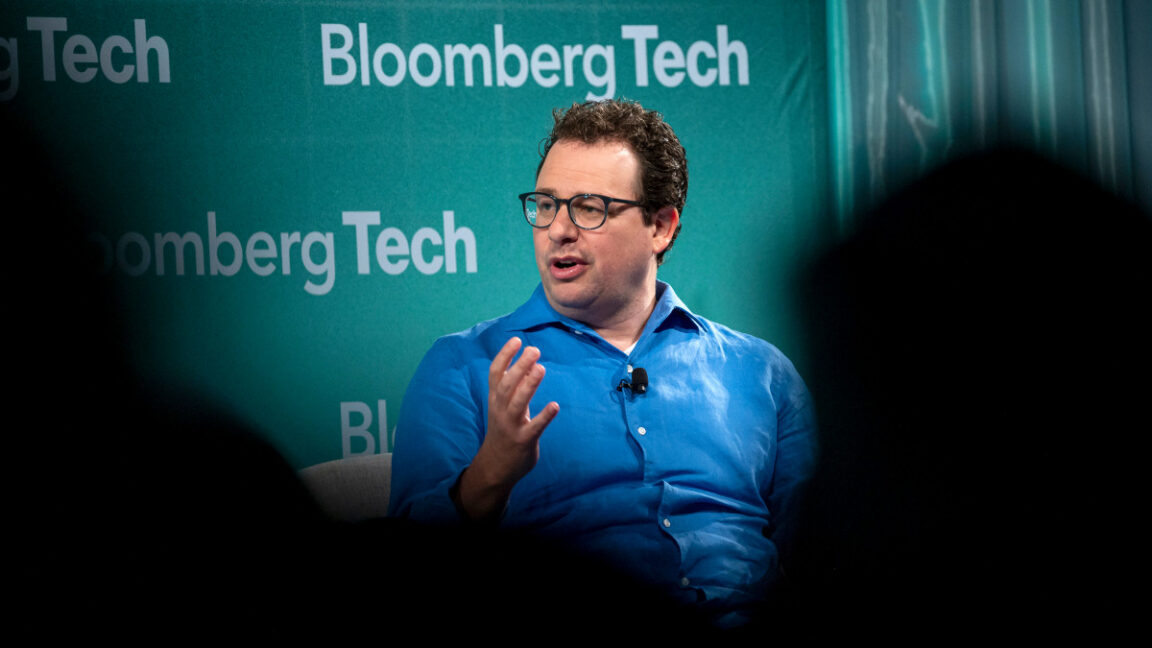
In a hefty move, Amazon has invested an additional $4 billion in Anthropic, bringing their total stake to $8 billion. This partnership harnesses Amazon’s custom AI chips to boost Anthropic’s Claude, setting the stage for a more conversational Alexa debuting in 2025—though not without a few test-time stumbles.
Claude’s latest models, like 3.5 Sonnet, are outpacing competitors in coding and creative tasks, while integrating with platforms such as Notion and Canva. With robust safety measures, this billion-dollar duo underscores the high stakes and hefty costs in the AI race.
Meta's Threads Gets a Makeover to Battle Bluesky

In a bid to outshine rival Bluesky, Meta's Threads is rolling out AI-powered summaries and expanded trending topics. Instagram head Adam Mosseri announced enhancements including search by date and account, and boosting 'Trending now' from 5 to 15 topics. With Threads boasting over 275M monthly active users against Bluesky's 20M, Meta is tweaking its algorithm to prioritize followed accounts. Users are invited to test these updates starting today, as the social media arms race heats up.
Naujienlaiškis „Aida Daily“
Your AI-curated daily news briefing, spotlighting the latest in technology and global development. Stay informed with insights that matter.